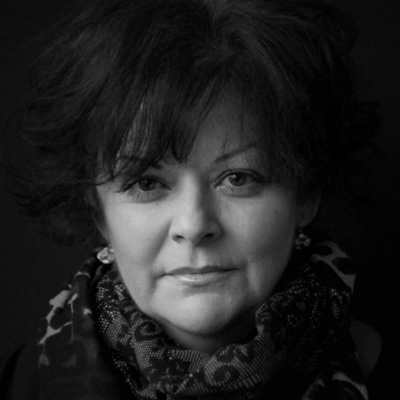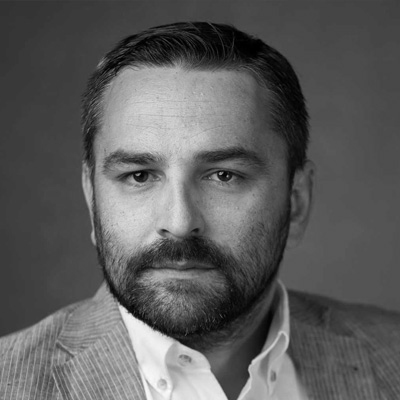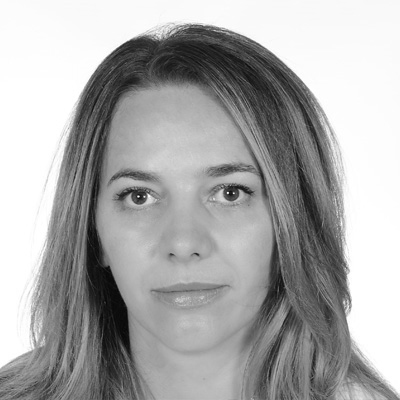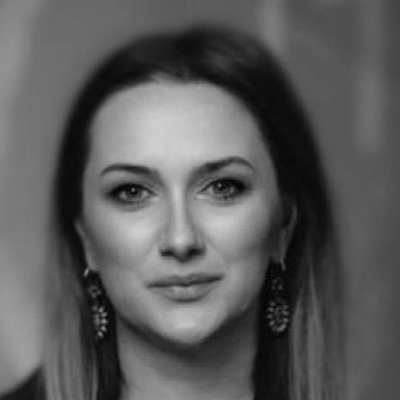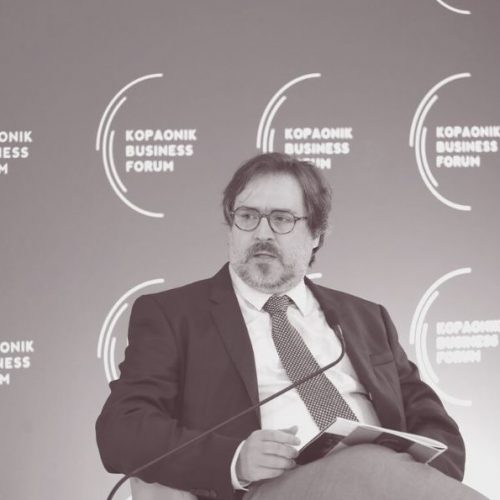Creative Economy LAB
The aim of this laboratory is to advance experimental scientific researches and applied solutions in the field of creative economy that connects cultural heritage, arts, technology and industrial sectors.
The Lab is focused on development, adaptation and application of the Industry 5.0 concept, the implementation of the principles of the creative economy in improving the competitiveness of the different economic sectors and production of products, services and content with high added value.
The Lab is part of the Creative Glass Serbia initiative – a pilot programme of the transformation of glass production based on the creative econonomy principles.


